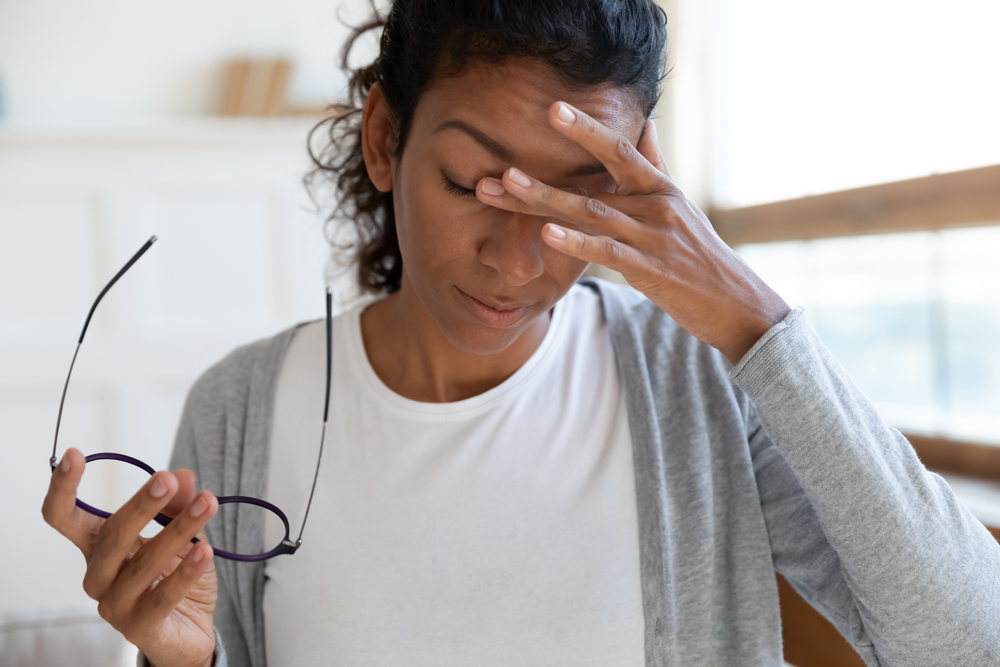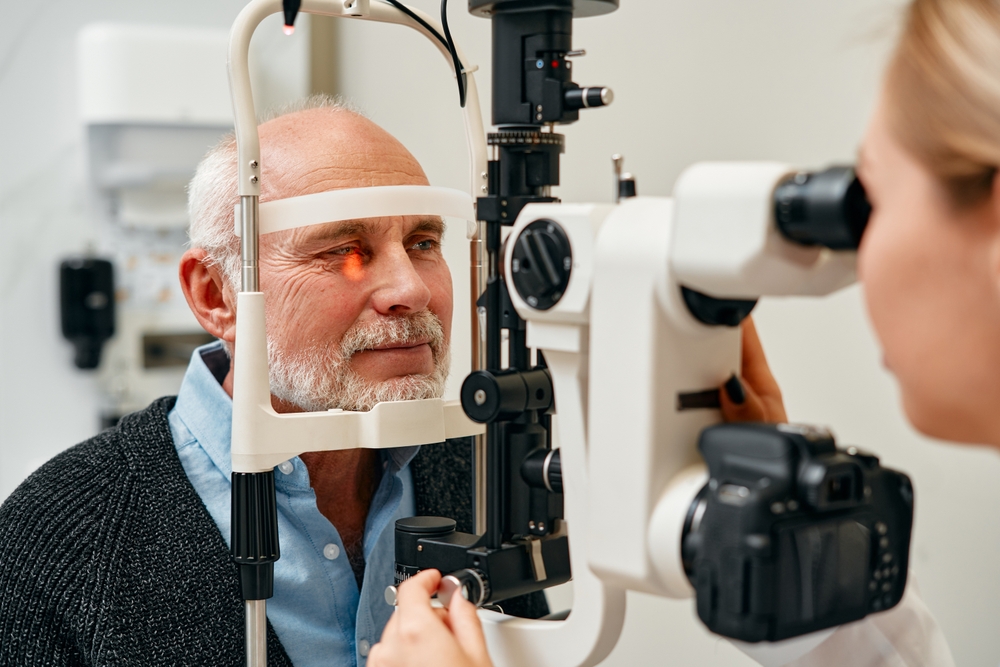7 Questions to Ask Your Eye Doctor to Prepare for Your Next Eye Exam
March 29, 2024
Whether you're seeing an eye doctor for the first time or going in for your annual eye exam, it's essential to be prepared before your next appointment. This appointment is an opportunity for you to talk to your eye doctor about your health, how healthy your eyes are, your vision, and how you can best care for your eyes.
Keep reading to discover 7 questions to ask your eye doctor to prepare for your next eye exam and get the most out of your appointment!
Describe Any Unusual Symptoms and Ask What They Mean

If you have noticed changes to your eyesight, pain in your eyes, persistent dryness or itching, or any other unusual symptoms, talk to your Metropolitan Ophthalmology Associates ophthalmologist or optometrist about them. Make sure to share any medications you take or underlying health conditions that you have.
Your eye doctor can help you determine what's causing your symptoms and how to address them. This information will help them get a full picture when diagnosing you and determining any conditions you may have.
1. Am I At Risk of Developing Any Serious Eye Conditions?
Certain risk factors can increase your chances of developing serious eye conditions such as glaucoma, macular degeneration, or cataracts. Diabetes can increase your risk of diabetic retinopathy.
Talk to your eye doctor about your medical history and family members with eye conditions. This can help your eye doctor assess your risk of problems in the future.
They may also need to monitor your eyes for early signs of these potential eye conditions.
2. How Has My Vision Changed, and Do I Need a New Prescription for My Glasses or Contacts?
One of the main functions of an eye exam is checking your visual acuity. This involves covering each eye individually and reading letters on a chart.
In addition, your ophthalmologist or optometrist may have you look through a device called a phoropter. The phoropter has adjustable lenses with different correction levels.
Your eye doctor will try a range of corrections and ask you which gives you the best result. This tells your eye doctor whether you need glasses or contact lenses if you already use visual aids or need to update your prescription.
If you have been considering a vision correction procedure, your eye exam is an excellent time to ask about it. The visual acuity and eye exam results can give your ophthalmologist important information about whether you could be a good candidate for a vision correction procedure like LASIK.
3. What Should I Do to Protect My Eyes?
Certain jobs and activities can put your eyes at risk for injuries. Extensive screen time, a lot of time outdoors in bright sun, or working in construction or factory work can cause injury and eye strain.
Talk to your eye doctor about your work and how you spend your free time. They can recommend protective eyewear or behavior changes to keep your eyes healthy for years.
4. How Often Should I Schedule Eye Exams?
If you wear glasses or contacts, you should schedule eye exams annually. These exams ensure that your prescription is updated and doesn't need changes.
However, if you don't wear visual aids and are under 40, you may not need eye exams as often. If you have certain health conditions, such as diabetic retinopathy, you may need to see your eye doctor more frequently.
Ask your ophthalmologist or optometrist how often you should schedule an eye exam based on your vision, family history, and eye conditions.
Learn More About Comprehensive Eye Exams
5. What Tests Will You Perform Today?
 If you have had an eye exam before, the tests will be similar to a routine exam. Your eye doctor will test your visual acuity, check your eye pressure, and examine the structures of your eye.
If you have had an eye exam before, the tests will be similar to a routine exam. Your eye doctor will test your visual acuity, check your eye pressure, and examine the structures of your eye.
You can ask for an explanation of all the screenings and tests being conducted.
In addition, you should ask if you'll have a dilated eye exam. Your eye doctor may use special drops to dilate your pupils so they can look closely at the inner structures of the eye.
If you have a dilated eye exam, it may take several hours for your eyes to return to normal. During that time, you may be sensitive to light, and your vision may be a bit blurry.
6. What Do My Results Mean?
After your eye doctor has performed any tests, you can ask what your results mean. Normal findings mean that your eyes are healthy.
Your ophthalmologist or optometrist may find unusual results, such as increased intraocular pressure, which could indicate glaucoma. They might also notice early signs of cataracts.
If your eye doctor identifies an issue that needs follow-up care, they will discuss testing or regular monitoring to ensure the issue doesn't get worse. Ask them what additional tests you need and what different results could mean.
Your eye doctor can also tell you what options are available if you need treatment in the future.
7. Ask About Payments and Insurance
When you make your appointment at Metropolitan Ophthalmology Associates, ask our staff about the cost of the visit and whether we accept your insurance. Many health insurance plans consider eye exams preventative care and will cover at least a portion of the cost.
If you have a separate vision plan, that may also help with paying for eye exams. If your eye doctor doesn't accept your insurance, our administrative staff can give you any documentation you need to file a claim yourself.
Do you need to schedule your next eye exam? Schedule your eye exam at Metropolitan Ophthalmology Associates in McLean, VA, or Chevy Chase, MD, today to learn more and make your eyes a priority! Why wait when you only get one set of eyes?



